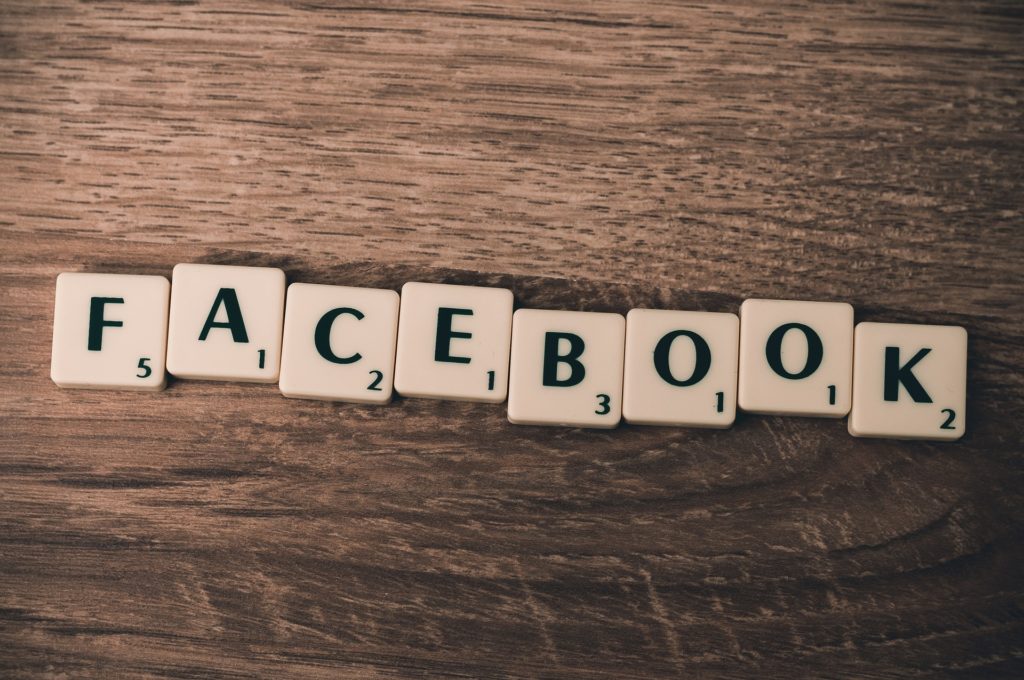On Wednesday, Facebook (Nasdaq: FB) suffered the biggest single-day drop in value a company has ever experienced. Share prices tumbled 19% in one trading day and did not recover by the end of the week, effectively reducing the company’s market cap by $120 billion. No company had ever lost $100 billion in value in a single day.
The tech giant’s plummet sent shockwaves through the whole tech industry, with Twitter (Nasdaq: TWTR) dropping 20% in share price by week’s end. Other companies, like Snapchat (Nasdaq: SNAP), suffered as well. The Nasdaq composite index dropped a remarkable 1% on Wednesday, and ended the week even lower, about 2.5% lower from highs on Wednesday.
Facebook’s astounding drop in share price is a result of missing earnings guidance in the second quarter and for sobering projections for the remainder of 2018. CFO David Wehner says growth rates will decline by “high single-digit percentages,” casting serious doubt on where the company has to go from here.
The company has been hampered by controversy of late, as it finds itself not only in the center of the ‘fake news’ crisis but also under scrutiny for its data collection practices. Recently, both Facebook and Twitter have gone to great lengths to clean up their platforms from fake accounts, fake news, and malicious bots. Facebook has deleted more than a half billion accounts in 2018, which is more than a quarter of all accounts on the social media site.
According to analysts, acquisitions like WhatsApp and Instagram haven’t delivered the kind of growth that had been hoped for. An analyst at Morgan Stanley attributed the Facebook’s abysmal results to the growing popularity of the social media site’s ‘Stories’ feature, which does not monetize as well as the News Feed. Company leadership acknowledged that expenses for 2018 will likely be as much as 60% higher than they were in 2017. Nonetheless, Facebook continues to be a preferred advertising method, as advertising revenue continued to grow in the second quarter.
CEO Mark Zuckerberg has lamented that the implementation of the General Data Protection Regulation (GDPR) in May resulted in 1 million fewer monthly users on Facebook. Yet earlier this week, COO Sheryl Sandberg said GDPR has no bearing on the company’s top line.
It’s been a rough 2018 for Zuckerberg, who was called upon to testify to Congress back in May about how the company manages data collection. Zuckerberg’s testimony left a lot to be desired, as it had been discovered that at least 87 million users had their data illegally sold to political data consultancy firm Cambridge Analytica, which it then used for the purpose of influencing elections. As founder and CEO of the company as well as chairman of the board, Zuckerberg is Facebook’s ‘absolute leader’ according to some who believe the power consolidation is the reason for the company’s missteps in recent months. Calls from investors for Zuckerberg’s power to be broken up have gotten louder, as some believe the company needs an independent chairman to help navigate the extended rough patch.
Facebook’s recent performance is reminiscent what happened at Microsoft in the late 90s into the early 2000s, as the company went from having a virtual monopoly to being a market chaser. Shaking up the power structure at the top, including reducing the control founder Bill Gates had over the company — now projected to be a trillion-dollar company by early 2019 — helped it get back on track. Gates’s name has been mentioned as someone who could help right the ship at Facebook.
As Facebook shows signs that it’s not as infallible as once believed, the rest of the tech industry looks on warily. While other tech giants like Alphabet (Nasdag: GOOG) and Amazon (Nasdaq: AMZN) posted positive results for the quarter, Facebook’s rout is an example of how quickly a company’s performance can turn for the worse in the face of public outcry, and how much of a strain it can have on growth. It also underlines the challenges tech companies face in the new era of data protection scrutiny.
For founders of tech companies, it’s a painful reminder that maintaining complete control of the business they started almost always has an expiration date.
It remains to be see exactly how Facebook will responds to this week’s performance — whether it maintains the status quo or if it major changes come to leadership or in the functionality of its platforms. There’s some speculation that Facebook will make greater efforts to monetize messaging platform WhatsApp, such as introducing ads or launching company-specific channels. Wherever Facebook goes from here will either help the company recover in value, or it could send prices tumbling even further, and dragging down the entire tech industry with it.

